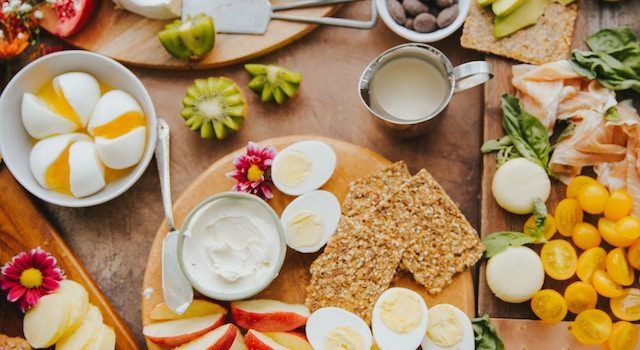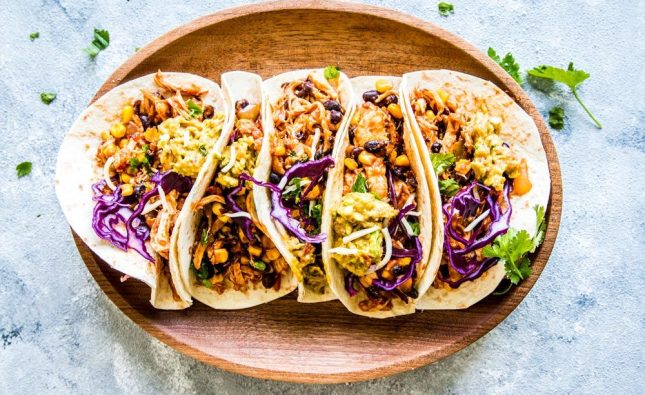
Introduction:
With the holiday season just around the corner, it’s time to start planning those festive meals and gatherings. As you prepare to dazzle your family and friends with delicious dishes, it’s crucial to prioritize food safety. Take a moment to evaluate your food handling skills and ensure you’re equipped with the knowledge and practices necessary to keep everyone safe during this joyous time of year.
- Assess Your Storage Know-How:
Proper food storage is essential for maintaining freshness and preventing foodborne illnesses. Ask yourself the following questions:
- Do you regularly check expiration dates and discard expired products?
- Are perishable foods stored at the correct temperatures?
- Do you keep raw meats separate from ready-to-eat foods in the refrigerator?
By paying attention to these details, you can minimize the risk of consuming spoiled or contaminated food.
- Test Your Food Preparation Practices:
Safe food preparation is the foundation of a successful and risk-free meal. Consider the following:
- Do you wash your hands thoroughly before and after handling food?
- Do you use separate cutting boards for raw meats and produce?
- Are knives and utensils properly cleaned and sanitized?
Following these practices ensures that harmful bacteria are kept at bay, reducing the chances of foodborne illnesses.
- Evaluate Your Cooking Techniques:
Cooking food thoroughly is crucial for killing bacteria and other pathogens. Consider the following:
- Do you use a food thermometer to check the internal temperature of meats and poultry?
- Are you aware of the recommended cooking temperatures for different types of food?
- Do you avoid partially cooking food and then finishing it later?
By adopting proper cooking techniques, you can ensure that your dishes are not only delicious but also safe to consume.
- Examine Your Serving and Storage Practices:
Once the meal is ready, how you serve and store the leftovers can make a significant difference in food safety. Ask yourself the following:
- Do you keep hot foods hot (above 140°F) and cold foods cold (below 40°F)?
- Do you avoid leaving perishable foods at room temperature for more than two hours?
- Are leftovers properly packaged and refrigerated promptly?
By paying attention to these practices, you can prevent the growth of harmful bacteria and extend the shelf life of your leftovers.
Conclusion:
As the holiday season approaches, it’s essential to prioritize food safety to ensure a joyous and healthy celebration. By evaluating your food handling skills and practices, you can identify areas where improvement is needed and take steps to enhance your knowledge and techniques.
Remember to always follow the core principles of food safety: keep things clean, separate raw and cooked foods, cook to appropriate temperatures, and refrigerate promptly. By incorporating these practices into your routine, you’ll not only protect your loved ones from foodborne illnesses but also set a positive example for others.
If you find that you need guidance or want to learn more about food safety, consult trusted resources such as the U.S. Food and Drug Administration (FDA) or the Centers for Disease Control and Prevention (CDC). These organizations offer valuable information and resources to help you navigate food safety best practices.
This holiday season, let’s prioritize safety in the kitchen and create memorable meals that are not only delicious but also free from foodborne hazards. By doing so, you’ll ensure that your festive gatherings are filled with joy, laughter, and good health for all.










